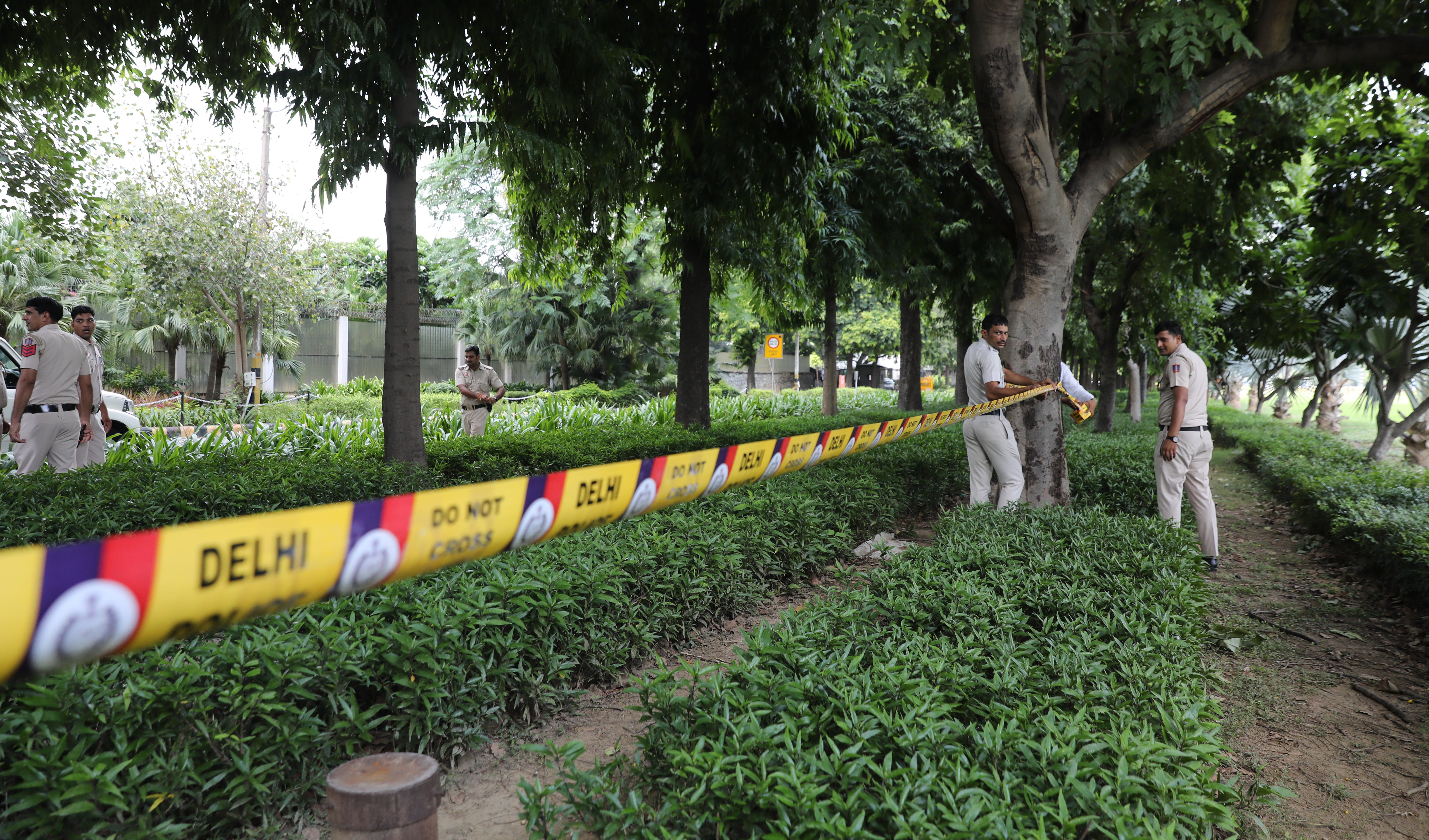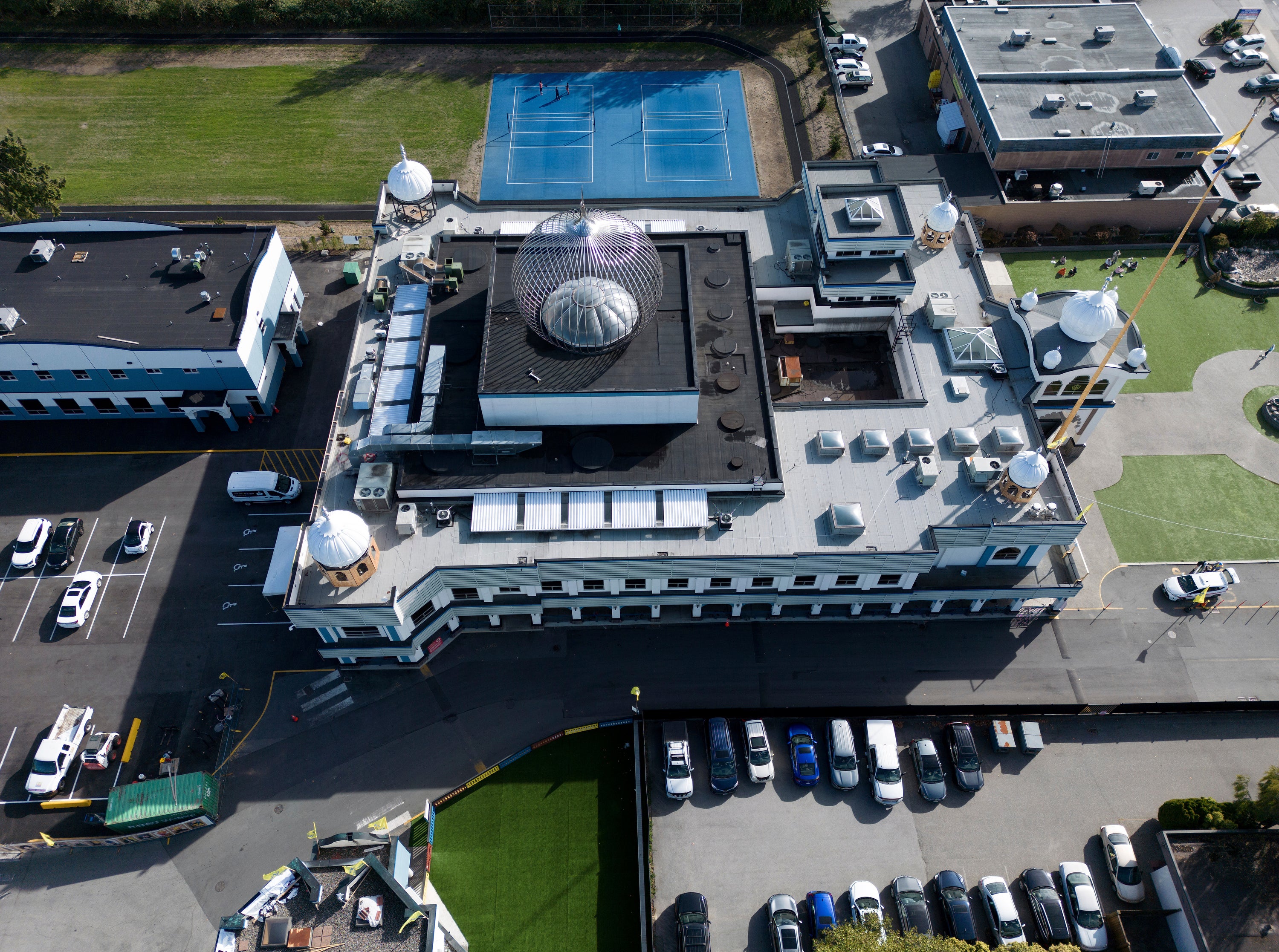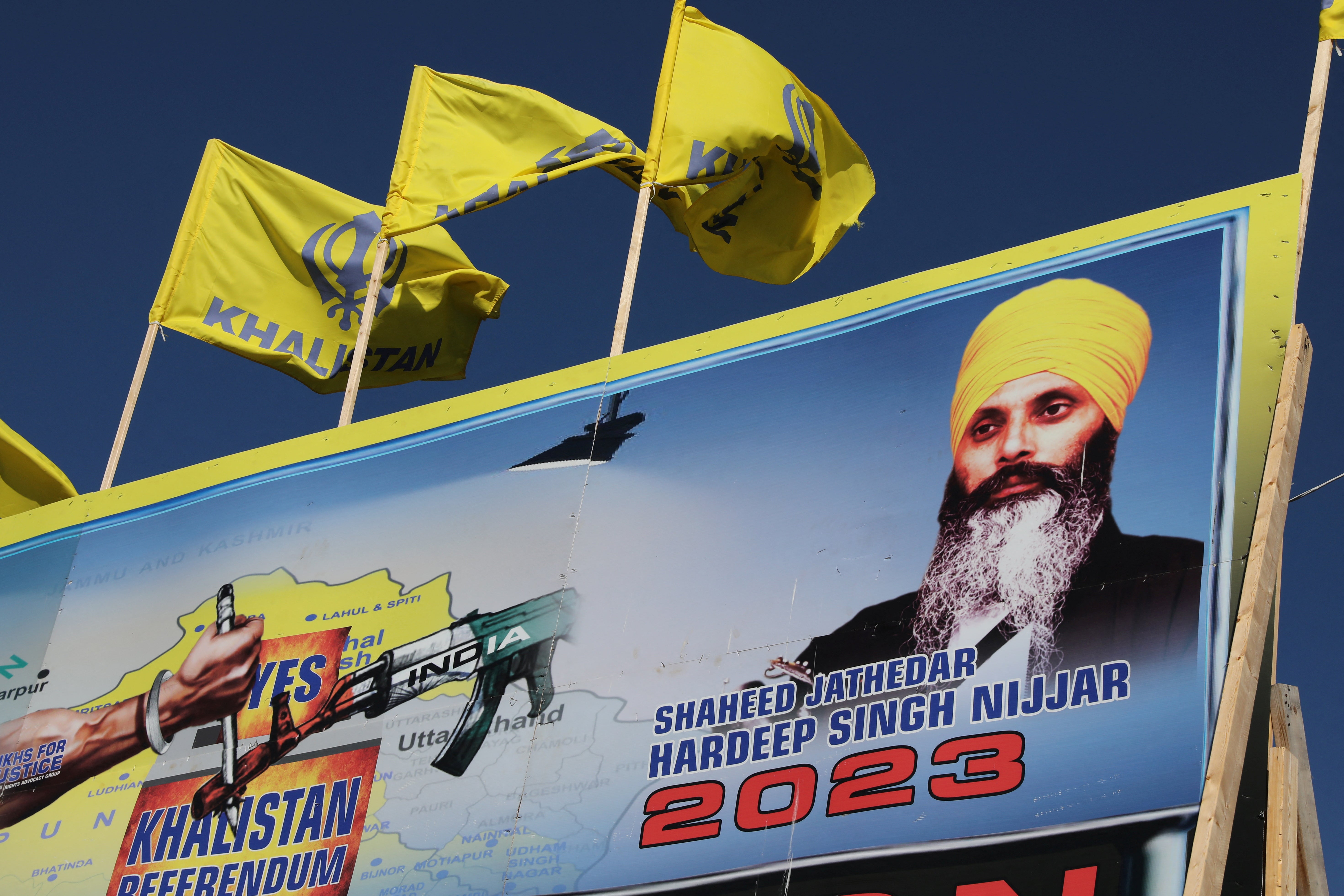Son of slain Canada Sikh leader says Trudeau statement vindicates what family always suspected
Trudeau’s remarks bring family ‘sense of relief the issue is finally coming to public eye’, son says
The son of a Sikh separatist leader shot dead in Canada said Justin Trudeau’s remarks alleging the Indian government’s involvement had “confirmed his family’s suspicions”.
The Canadian prime minister on Monday said there are credible allegations of a potential link between “agents of the Indian government” and the death of Hardeep Singh Nijjar.
Nijjar’s 21-year-old son Balraj Singh Nijjar was quoted by public broadcaster CBC as saying that it was “just a matter of time for when the truth would come out”. Mr Nijjar said Mr Trudeau’s surprise official statement during an emergency parliament session brought a “sense of relief” that the issue is “finally coming to the public eyes”.
Canadian citizen Nijjar was shot dead on 18 June outside a Sikh cultural centre in British Columbia’s Surrey. Mr Trudeau’s comments alleging Delhi’s involvement exactly three months after the murder took place have surged tensions between the nations, who have now both expelled each other’s diplomats from their countries.
The Sikh leader was reported to have been organising an unofficial referendum in India on the creation of Khalistan – a decades-old demand for a separate Sikh nation – at the time of his death.
The Indian government labelled Nijjar a “terrorist” and had offered a cash reward for information that could lead to his arrest. Officials in India said he was wanted in connection with the killing of a Hindu priest in India.
After Mr Trudeau’s statement to parliament, the Indian government dubbed the accusations “absurd”.
Police in India’s capital Delhi were seen creating a cordon around the Canadian embassy on Tuesday as an unnamed senior Canadian diplomat was expelled from the country.

Mr Nijjar thanked the Canadian prime minister and other political leaders from the opposition who rallied behind Mr Trudeau in condemning the killing in the House of Commons.
“Hopefully you can take this a step further and get specific individuals,” he said and added that the slain leader’s family was waiting to see sanctions among possible next steps from Ottawa.
Mr Nijjar said he tried assuring everyone that his father’s death was not being swept under the rug. The killing was not just of a random Sikh man but of a temple president who was shot outside his place of worship, he said.

“That’s a very serious matter and foreign interference is not a small thing,” he said.
Mr Nijjar said the family had received a call from his father five minutes before he was shot dead. He had called in high spirits, asking his family to keep dinner ready.
Nijjar was an outspoken supporter of the Khalistan movement – a longstanding separatist movement that has been banned by several Indian administrations over many years.
The Indian government, including the Narendra Modi administration, has banned a number of groups operating within the movement, deeming them to be a national security threat.

British Columbia’s premier David Eby said he received a briefing from Canada’s spy agency about the “assassination” of Nijjar and said he was “deeply disturbed” by what he was told.
He said he called on the Canadian government to share all information related to ongoing foreign interference and “transnational organised crime threats”.
The World Sikh Organization of Canada said Nijjar “often led peaceful protests against the violation of human rights actively taking place in India and in support of Khalistan”.
The Khalistan movement still has some support in northern India, although it has largely been restricted through successive government bans. Pockets of support remain around the world in countries like Canada and the UK that are home to sizable Sikh diasporas.
Nijjar’s New York-based lawyer Gurpatwant Singh Pannun claimed Nijjar was warned by Canadian intelligence officials about being targeted for assassination by “mercenaries” before he was gunned down.
Mr Pannun is also a popular leader of the Khalistan movement in his own right and has himself been named as an “individual terrorist” by the Indian authorities.





Join our commenting forum
Join thought-provoking conversations, follow other Independent readers and see their replies
Comments